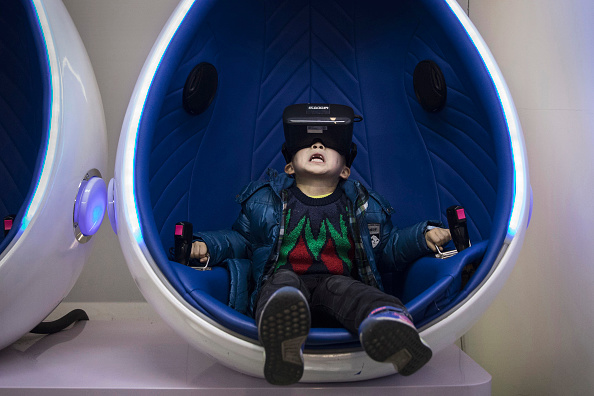Next generation could spend 10 years in metaverse as industry booms

The next generation could spend up to 10 years in virtual realities over the course of their lifetime, new research has revealed.
It comes as part of the Institution of Engineering and Technology (IET)’s new ‘Safeguarding the Metaverse’ report, which explores both the opportunities and potential harms of the new digital realm, coinciding with the latest reading in parliament of the UK Government’s new Online Safety Bill.
The IET predicted that this will tally up to around 2 hours 45 minutes per day, and have called on politicians and policy makers to ensure comprehensive measures for regulating activity taking place within VR and the metaverse are included within the final Bill.
Despite the ‘metaverse’ being a relatively new term, it’s clear a new virtual reality is on the horizon. Meta’s CEO Mark Zuckerberg has stated his goal of achieving one billion users by 2030, and other Silicon Valley giants like Google and Microsoft also continue to invest and innovate in this space.
However, the IET’s new research reveals almost two thirds of parents of children aged 5-10 don’t currently understand the metaverse, highlighting the need to safeguard this new space to ensure our young people are able to safely enjoy the myriad experiences and educational advantages it could offer them.
Yet, despite the lack of understanding and – importantly – regulation, Brits are already beginning to explore this new online world. According to the IET, more than a fifth of 5–10-year-olds already have a VR headset of their own or have asked for a similar tech present for their birthday or Christmas. 15 per cent of them have already tried VR, and six per cent use it on a regular basis.
Catherine Allen, co-author of the IET’s new report, Member of the IET’s Digital Policy Panel, and CEO of VR consultancy Limina Immersive said: “Immersive technologies have limitless potential and endless opportunities but with this also come risks and threats. It’s integral that the safety, privacy, and rights of end users are protected.
“Today, the UK has a golden opportunity to use its democratic processes to shape the future of the next major form of media: immersive technologies and the metaverse.
“Not only will this help protect adults and children from future harms in years to come, but it will also bring about wider societal rewards. People must feel safe in digital spaces in order to really harness the potential.”